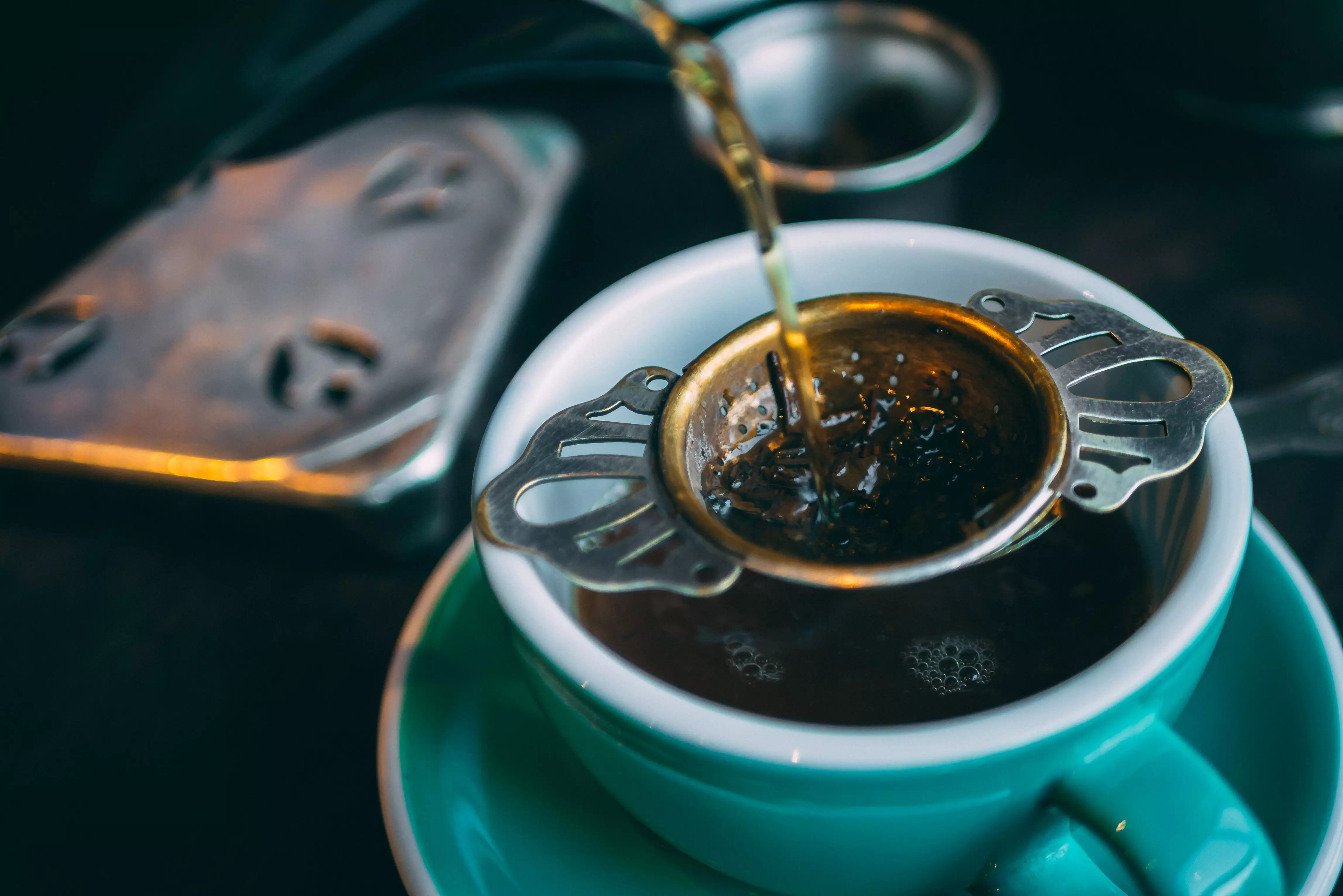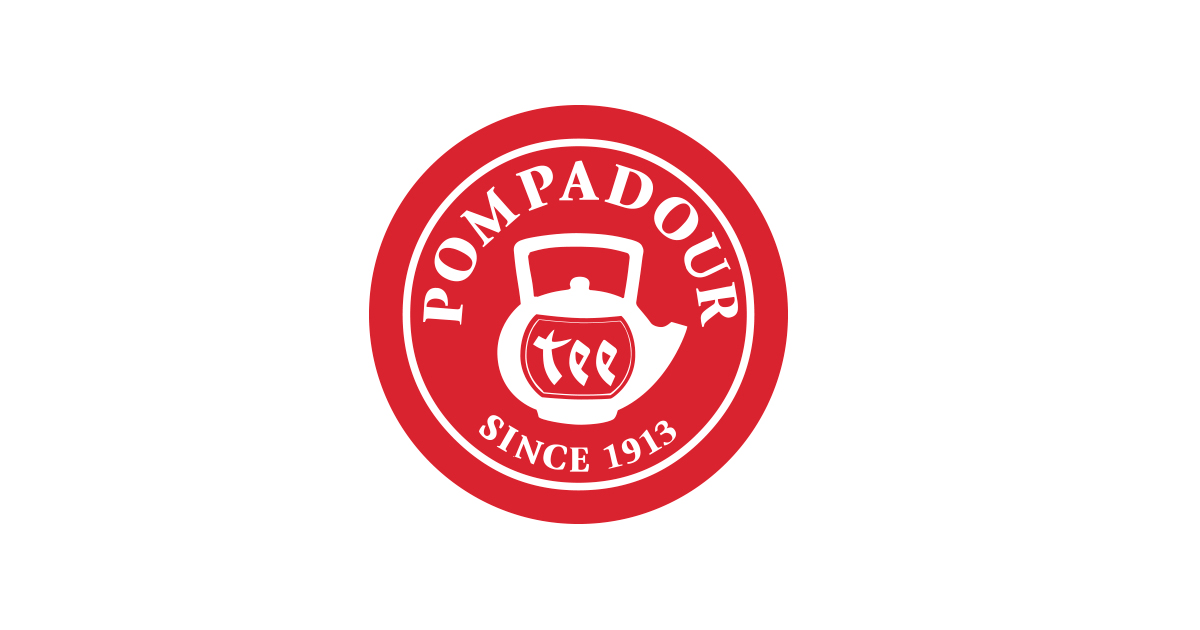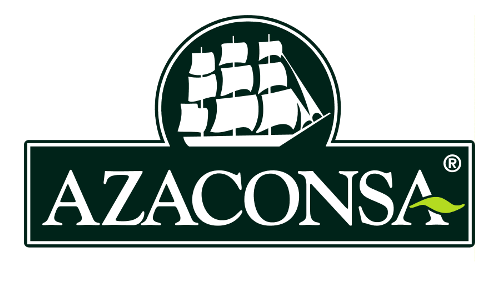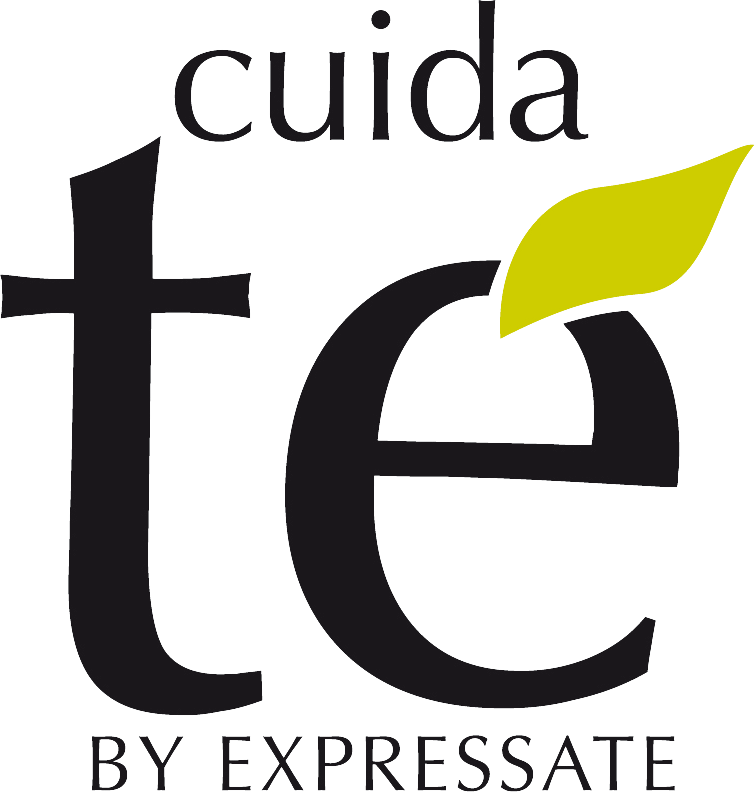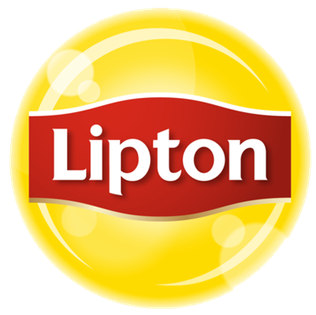Resumen
The global tea market has a rich cultural heritage and a vast consumption footprint, with tea being the second most consumed beverage worldwide. There is a diverse range of tea types distinguished by color and processing, including black, green, Oolong, yellow, white, and post-fermented teas, as well as non-tea plant infusions like rooibos. While traditionally not a staple beverage in Spain, recent trends show a surge in tea consumption, with a notable diversification in the consumer demographic, including a rise in male consumers. This shift has contributed to the expansion of the Spanish tea market. Despite the lack of specific data post-2020 in the text, the tea market in Spain and possibly globally shows promising prospects for future growth.
Spanish Tea Market: Emerging Trends and Growth Prospects
The Spanish market is witnessing a remarkable shift in its tea consumption patterns, spurred by evolving consumer behaviors and cultural integration. The once predominantly health-associated beverage is now gaining momentum across a broader demographic, leading to a significant uptick in market development. With 1.5 billion cups of tea being consumed globally every day, the position of tea as a beverage of choice is unquestioned, even in coffee and hot chocolate-centric Spain. Recent years have seen a palpable boom in tea's popularity within the nation, transcending traditional consumption barriers. A notable aspect of this growth is the expanding male consumer base, which is diversifying the market and enhancing its expansion potential. This change in consumer dynamics has driven the value of tea sales up by between 3 and 4 percent, underscoring the positive trajectory of the Spanish tea market. The segmentation of tea in Spain mirrors the global variety, categorized by the color and processing of the leaves, ranging from black to green, Oolong, yellow, white, and post-fermented teas. This diversification of offerings caters to a range of palates and preferences, further fuelling the market's growth.
Additionally, while Rooibos, often dubbed as "red tea", is not derived from the traditional tea plant, it remains significant in the market due to its unique South African origin. In summary, the Spanish tea market, currently in a development phase, is poised for promising prospects. The surge in tea consumption, backed by a broadening consumer base and increasing product segmentation, suggests a robust future for tea in Spain's beverage landscape.
Key Players in the Spanish Tea Market: Navigating the Aromatic Landscape
The Spanish tea market, though historically overshadowed by the prevalence of coffee and hot chocolate, is currently experiencing a renaissance. With tea consumption on the rise and a diversification of the consumer demographic to include a larger male audience, the panorama of tea providers in Spain is becoming more vibrant and competitive. Let's steep ourselves in an exploration of the principal entities shaping this aromatic landscape.
- Dilmah - Dilmah is a company that has carved out a significant niche in the Spanish market, thanks to its commitment to single-origin teas and corporate responsibility. Founded in Sri Lanka, Dilmah prides itself on offering "garden fresh" teas that have garnered a dedicated following among Spanish consumers seeking quality and ethical sourcing.
- Twinings - This venerable British brand has been synonymous with quality tea for centuries, and its presence in Spain underscores the international appeal of its diverse range of products. Twinings leverages its heritage and craftsmanship to offer a wide selection of classic blends and exotic infusions that cater to the evolving palates of Spanish tea drinkers.
- Lipton - As a global behemoth in the tea industry, Lipton's widespread distribution network ensures that its products are ubiquitous across Spanish supermarkets and cafes. Known for its iconic Yellow Label and flavored tea bags, Lipton appeals to a broad audience and plays a pivotal role in introducing new tea consumers to the market.
- Hornimans - A brand with a strong foothold in Spain, Hornimans resonates with consumers through its expansive range of teas and herbal infusions. Attuned to local preferences and health trends, Hornimans offers tailored products that tap into the wellness movement and resonate with Spaniards' growing health consciousness.
- La Tetera Azul - As a Spanish homegrown brand, La Tetera Azul is a cherished name among tea aficionados within the country. Its artisanal approach, focus on natural and premium-quality ingredients, and appealing packaging design allow it to occupy a special niche in the hearts of connoisseurs and casual sippers alike.
- Pompadour - Another brand that resonates with the Spanish market is Pompadour. Established in Germany but with deep roots in Spain, Pompadour has distinguished itself with a wide variety of teas and infusions that are crafted to align with the wellness and flavor preferences of Spanish consumers.
à la compréhension de ce marché
Contenido detallado
 Información
Información
- Número de páginas : 30 páginas
- Formato : Versión digital y PDF
- Última actualización : 21/11/2021
 Resumen y extractos
Resumen y extractos
1 Market overview
1.1 Definition and scope of study
Tea, with 1.5 billion cups drunk every day, is the second most consumed beverage in the world after water. Established in China, introduced to Japan at the end of the 8th century and an integral part of British culture, tea also has a special place in Middle Eastern cultures. This global footprint of tea is reflected in the long list of countries in which tea is consumed.
Tea is a drink obtained from the leaves of the tea plant (about 200 species), infused in hot water. The types of teas are segmented by their colours (black, green, Oolong, yellow, white and post-fermented) which differ according to the treatment of the harvested leaves. Rooibos or "red tea" is actually an infusion obtained from the leaves of Aspalathus linearis, which is only found in South Africa, and not from the tea plant.
Consumption habits differ from country to country. In Spain, tea is not one of the beverages traditionally consumed, unlike coffee or hot chocolate. Indeed, for a long time, tea and herbal teas were strongly associated with health issues. Nevertheless, in recent years the country has experienced a boom in tea consumption, accompanied by a masculinization of the consumer base, which allows the market to gradually expand. Tea sales in value thus increased by +3.4% in Spain in 2019. The Spanish tea market, which is in a development phase, offers very promising prospects. [BarBusiness]
 Lista de gráficos
Lista de gráficos
- Marché mondial du thé
- Principaux pays exportateurs de thé
- Exportations de thé par la Chine
- Principaux pays importateurs de thé
- Evolution de la taille du marché du thé et des infusions
Todos nuestros estudios están disponibles en línea en formato PDF
Eche un vistazo a un ejemplo de nuestro estudio sobre otro mercado.
Empresas citadas en este estudio
Este estudio contiene una visión completa de las empresas del mercado, con las últimas cifras y noticias de cada empresa :
 Elegir este estudio significa :
Elegir este estudio significa :
Acceso a más de 35 horas de trabajo
Nuestros estudios son el resultado de más de 35 horas de investigación y análisis. Utilizar nuestros estudios le permite dedicar más tiempo y valor añadido a sus proyectos.
Benefíciese de 6 años de experiencia y más de 1.500 estudios sectoriales ya elaborados
Nuestra experiencia nos permite elaborar estudios completos en todos los sectores, incluidos los nichos y los mercados emergentes.
Nuestros conocimientos y metodología nos permiten elaborar estudios con una relación calidad-precio única.
Acceso a varios miles de artículos y datos de pago
Businesscoot tiene acceso a toda la prensa económica de pago, así como a bases de datos exclusivas para realizar sus estudios de mercado (más de 30.000 artículos y fuentes privadas)
Para mejorar nuestras investigaciones, nuestros analistas también utilizan indicadores web (semrush, trends, etc.) para identificar las tendencias del mercado y las estrategias de las empresas. (Consulte nuestras fuentes de pago)
Soporte garantizado después de su compra
Un equipo dedicado al servicio posventa, para garantizarle un alto nivel de satisfacción. (+33) 9 70 46 55 00
Un formato digital pensado para nuestros usuarios
No sólo tiene acceso a un PDF, sino también a una versión digital diseñada para nuestros clientes. Esta versión le permite acceder a las fuentes, a los datos en formato Excel y a los gráficos. De este modo, podrá recuperar fácilmente el contenido del estudio y adaptarlo a sus medios.
 Nuestras ofertas :
Nuestras ofertas :
the tea market | Spain
- ¿Cuáles son las cifras sobre el tamaño y el crecimiento del mercado?
- ¿Qué está impulsando el crecimiento del mercado y su evolución?
- ¿Cuál es el posicionamiento de las empresas en la cadena de valor?
- ¿En qué se diferencian las empresas del mercado?
- Datos procedentes de varias docenas de bases de datos
Pacote de 5 estudios (-15%) ES Spain
- 5 informes a 75,6 euros sin IVA por estudio a elegir de nuestro catálogo español durante 12 meses
- Ahorre un 15% en la compra de estudios adicionales
- Opte por la devolución del crédito no utilizado al final del periodo de 12 meses (duración del pack)
Consulte las condiciones del pack y el reembolso del crédito no utilizado.
